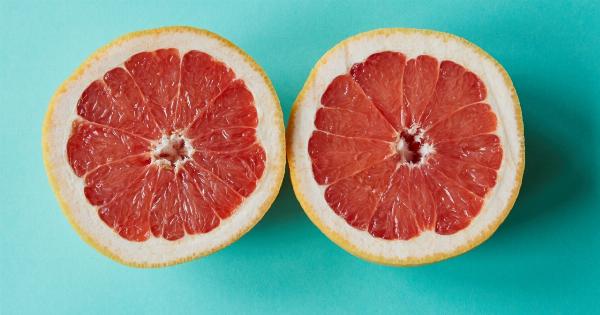Stones are solid masses of mineral substances that can form anywhere in the body. They can be found in the kidneys, gallbladder, bladder, and even in saliva.
Stones can vary in size and shape, and can cause significant discomfort and pain when they move through the urinary tract or biliary tract. In this article, we will discuss the formation and prevention of stones.
Types of Stones
There are several types of stones that can form in the body:.
Kidney Stones
Kidney stones are the most common type of stone. They form in the kidneys when there is a high concentration of salts and minerals in the urine, which can crystallize and form into small stones.
These stones can be as small as a grain of sand or as large as a golf ball.
Bladder Stones
Bladder stones are stones that form in the bladder. They can be caused by several factors, such as an enlarged prostate, bladder outlet obstruction, or damage to the nerves that control the bladder.
Bladder stones can cause pain and discomfort when urinating or during sexual intercourse.
Gallstones
Gallstones are stones that form in the gallbladder. They are made up of cholesterol and other substances found in bile.
Gallstones can cause pain and discomfort in the upper right abdomen, and can lead to complications such as inflammation of the gallbladder or pancreatitis.
Causes of Stones
The formation of stones can be caused by several factors:.
Diet
A diet high in salt and animal protein can increase the risk of developing stones, especially kidney stones. Calcium-rich foods, such as milk and cheese can also increase the risk of forming stones.
Dehydration
Not drinking enough water can cause the urine to become concentrated, which can lead to the formation of stones.
Medical Conditions
Medical conditions such as hyperparathyroidism, gout, and inflammatory bowel disease can increase the risk of developing stones.
Prevention of Stones
There are several ways to prevent the formation of stones:.
Drink plenty of water
Drinking enough water can help keep the urine diluted, which can prevent the formation of stones.
Eat a balanced diet
Eating a diet that is low in salt and animal protein and high in fruits, vegetables, and whole grains can help prevent the formation of stones.
Exercise regularly
Regular exercise can help keep the body healthy and decrease the risk of developing stones.
Treatment of Stones
Treatment for stones depends on the type of stone, its size, and location. Treatment options include:.
Observation and waiting
Small stones may pass on their own without any treatment. In this case, pain medication and plenty of fluids may be all that is needed.
Medications
Medications may be given to help dissolve stones or reduce the risk of developing new stones.
Surgery
If a stone is too large to pass on its own or is causing significant pain, surgery may be needed to remove the stone.
Conclusion
Stones can form in the kidneys, bladder, or gallbladder, and can cause significant discomfort and pain. The formation of stones can be prevented by drinking plenty of water, eating a balanced diet, and exercising regularly.
Treatment options depend on the size and location of the stone, and may include observation, medications, or surgery.






























